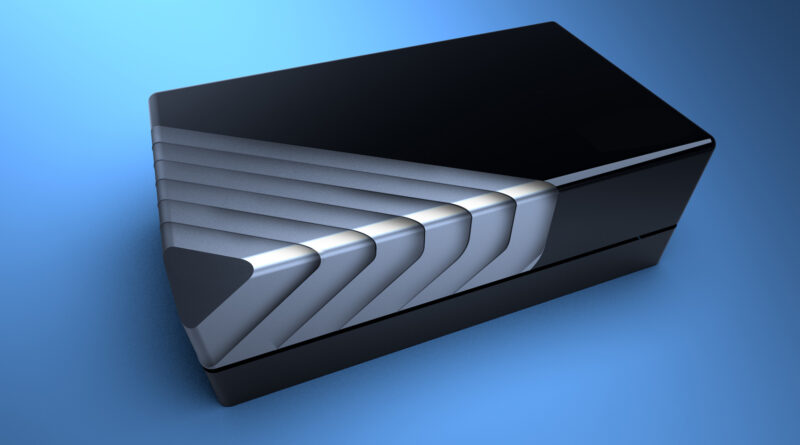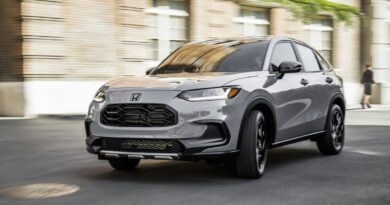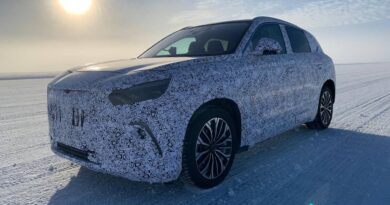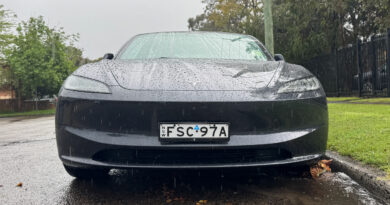Modular fuel cell could provide electricity to LandCruiser, Hilux
It may look like little more than a stylish black box.
But Toyota’s new fuel cell module is so much more, representing the green building blocks that could one day provide electric power for LandCruisers, Hiluxes and Prados.
Planned to go on sale within months overseas, the fuel cell module has been created from the system used in the Toyota Mirai, 20 of which recently arrived in Australia as part of a trial.
The fuel cell can be used as a stationary generator or as the electric power source for trucks, buses, trains and ships.
Toyota says it will begin selling the fuel cell as vertical or horizontal boxes capable of generating 60kW or 80kW of electricity.
Weighing between 240kg and 250kg each box takes up approximately one-third of a cubic metre and is powered by hydrogen, emitting only water in the chemical transition to electricity.
Each includes an air compressor and water pump, allowing operators to provide a hydrogen supply (by tank or a direct feed) and output electricity.
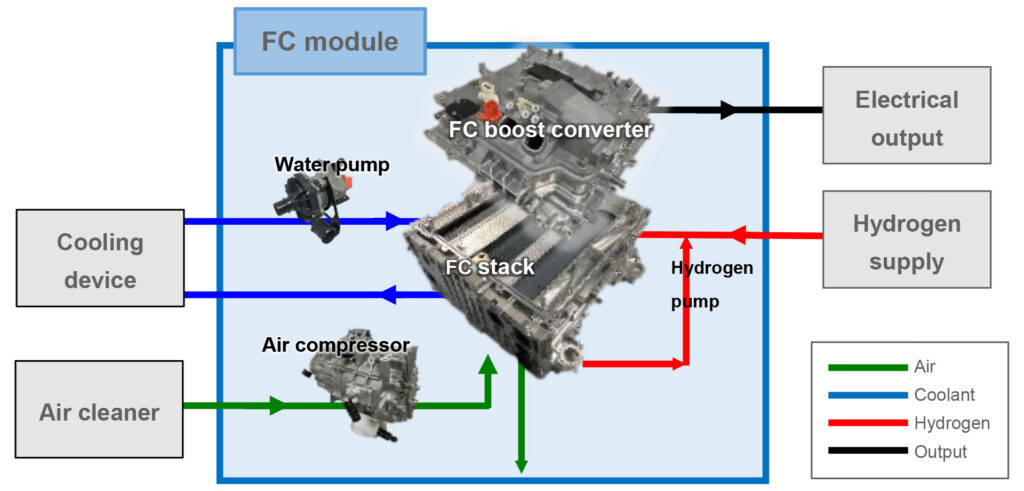
Electricity is outputted at between 400V and 750V, which is ideal for automotive applications.
Crucially, the fuel cell system is modular, allowing multiple units to be used together – therefore multiplying the available power – and Toyota says it has “achieved a world-class, top level output density per unit volume”.
Toyota says maintenance requirements are “simple and infrequent”.
There are obvious applications for the fuel cell system, including powering homes – especially those in remote locations – or buildings and factories, each of which could switch to clean hydrogen as energy.
But the modular fuel cells can also easily be adapted to Toyota’s large off-roaders that include the LandCruiser and Prado as well as the Hilux ute.
Each has unique requirements, especially in Australia, where they’re big business. Those requirements include remote driving and heavy duty towing, two things unlikely to be satisfied in the medium term with batteries due to the anticipated size of the battery packs.
Toyota Australia senior vice president of sales and marketing, Sean Hanley, has repeatedly told us of the importance of maintaining the attributes cars such as the LandCruiser are known for.
Late in 2019 he told EV Central the upcoming new LandCruiser – to be possibly called 300-Series – would live up to expectations.
“We have to bring a car to market … that fulfills the requirements of those peoples’ livelihoods and/or recreation, whether it be construction, farming, mining, recreation, private, whatever it may be, our commitment is that we’ve got to bring powertrains to market that reduce our CO2 footprint but still serve to be able to enable people the freedom of mobility,” Hanley said.
“Our commitment to our regional centre particularly is please … don’t think that CO2 legislation means that there will be no LandCruisers. It doesn’t mean that and it’s not in our planning for that to ever happen.”
Hydrogen fuel cells such as the one revealed by Toyota demonstrate the relative ease with which electricity can be generated from a relatively compact, energy-dense fuel, in turn allowing that electricity to power one or more electric motors, as it does in the Mirai.
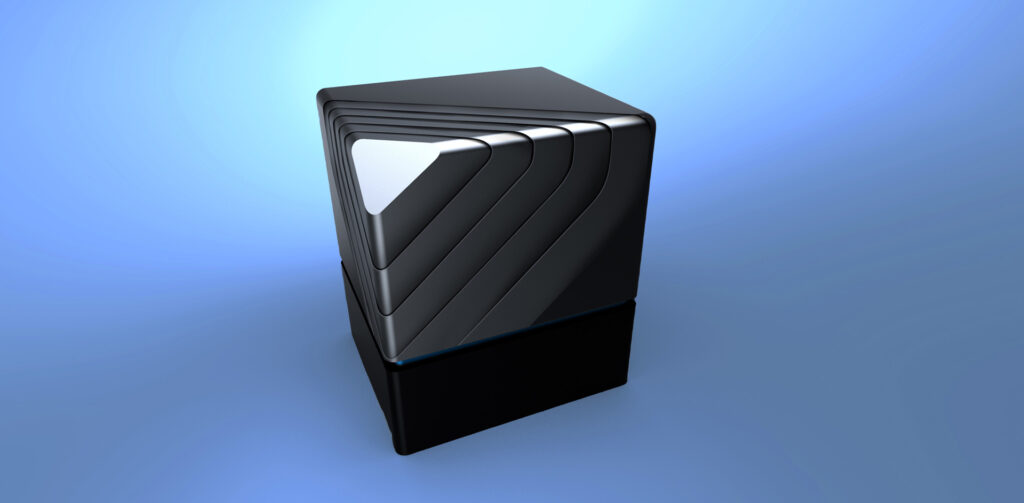
Electric motors are expected to improve the off-road performance and capability of hard core 4WDs such as the LandCruiser.
And the torque delivered by EVs make them ideal for towing, provided the energy source can provide enough electricity.
As with rival Hyundai – which imported 20 Nexo fuel cells cars last year – Toyota Australia has publicly showed more interest in hydrogen fuel cells than it has in battery electric vehicles.
The advantage with hydrogen fuel cells is the carbon fibre tanks take up similar space to petrol or diesel tanks and they can be refuelled in a similar time.
The big negative is a network to refuel them. Whereas every corner of the country has a supply of electricity – making it possible to charge a BEV – there are only a handful of hydrogen refuelling stations open or opening soon.
But Toyota is learning there, too, even opening a $7.4 million hydrogen refuelling station at one of its facilities in Melbourne.
Clearly hydrogen is planned as part of the electric car mix for Toyota in future, even if plain old hybrids are the focus for now.
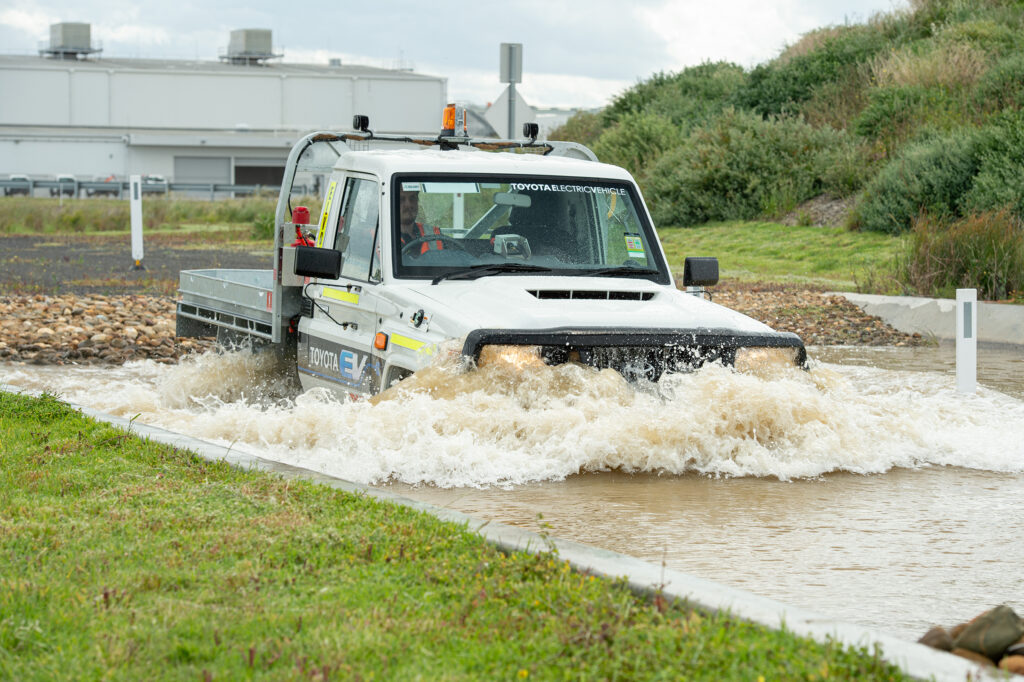
Toyota is expected to manufacture and sell a pure electric version of its LandCruiser 70-Series, but that’s primarily to meet a specific requirement for mining companies in Australia; already various aftermarket companies are converting LandCruiser 70s to electric.

